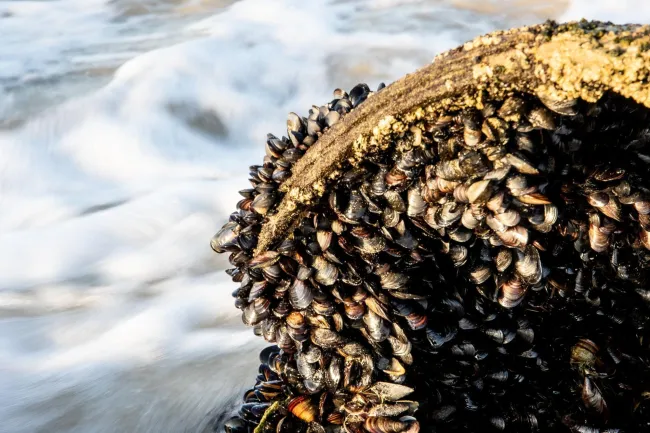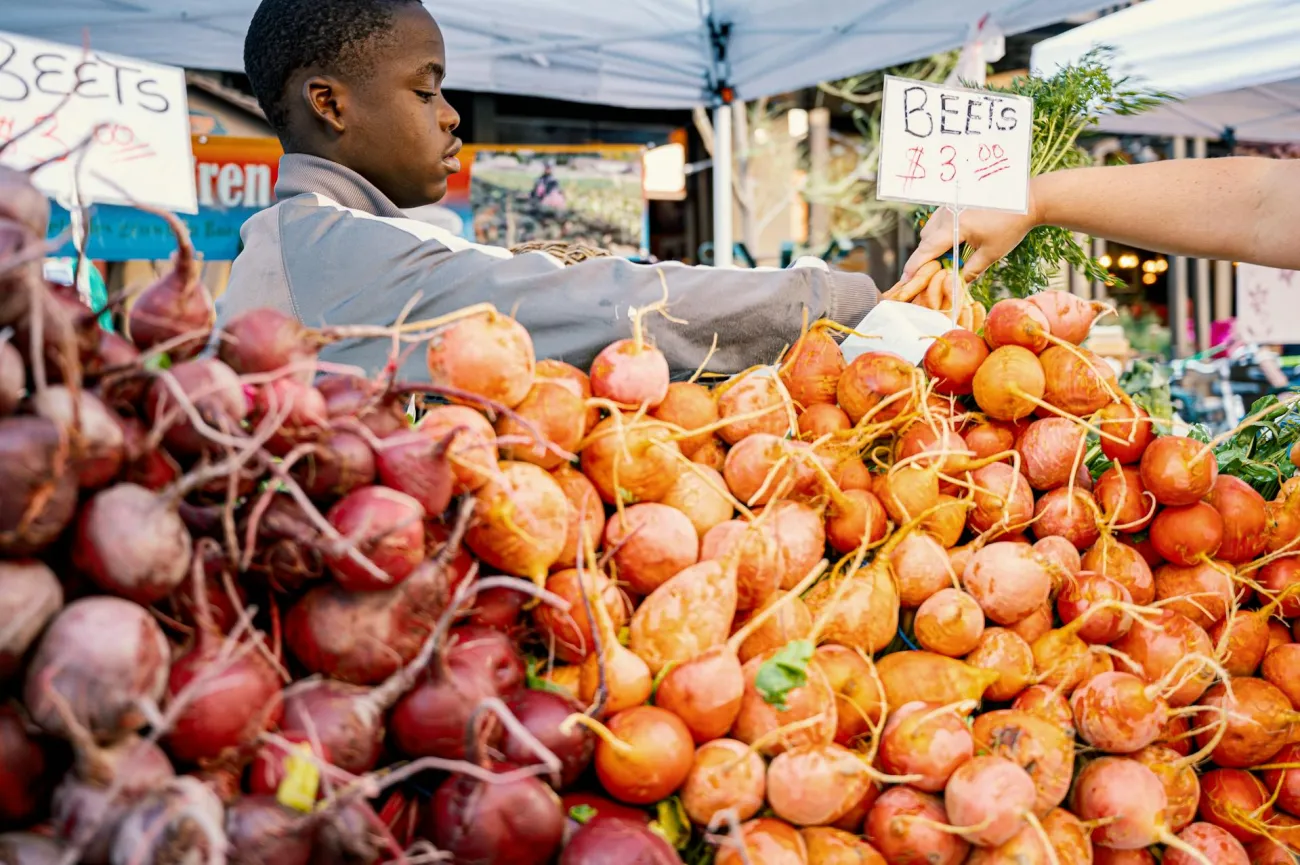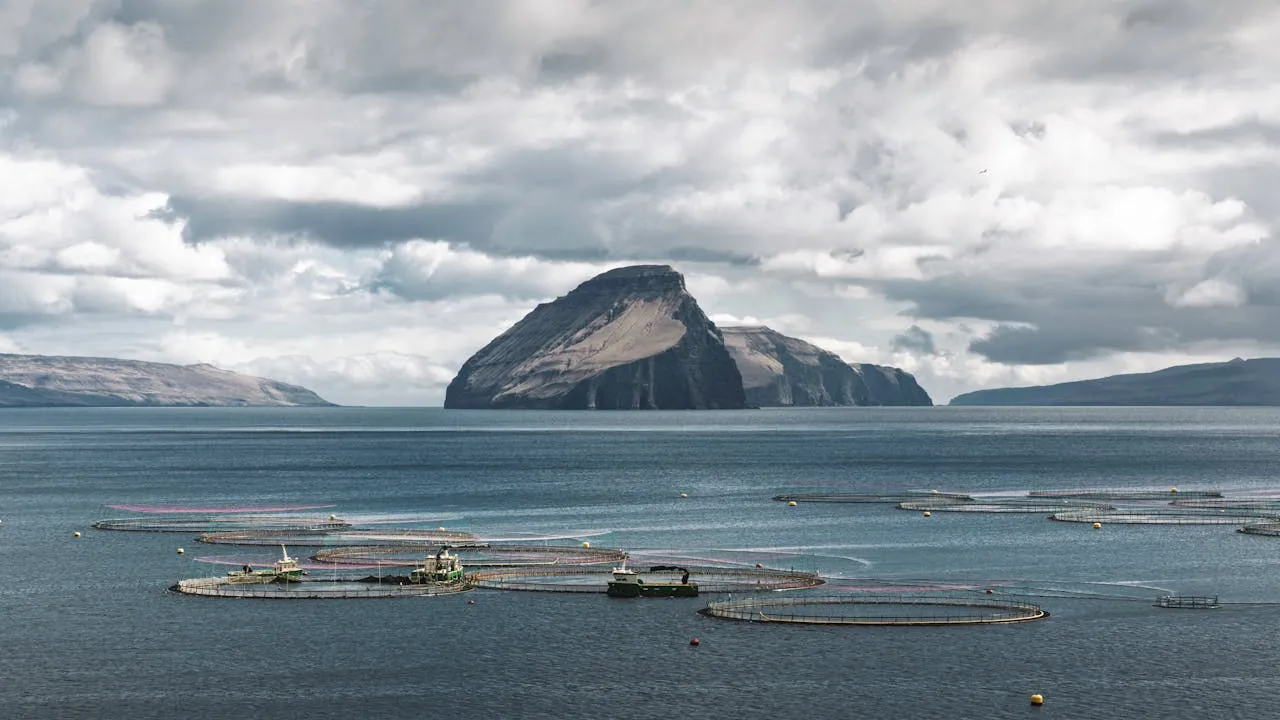In this paper, FCRN member David Willer argues that bivalve shellfish aquaculture could provide a nutritious and low-impact source of protein to nearly one billion people, particularly in the tropics.

Compared to other animal and plant sources of food, the paper argues, bivalves such as clams, oysters, mussels and scallops often have a higher protein content per calorie as well as much higher levels of omega-3 fatty acids, iron, zinc vitamin B12 and vitamin A per calorie.
Bivalve aquaculture also requires no land or freshwater, has lower greenhouse gas emissions per tonne of protein than some meats and fish (although higher emissions compared to rice, soya and wheat), and has a negative eutrophication potential because the bivalves can buffer against phytoplankton blooms caused by nitrogen runoff.
The paper estimates that developing just 1% of the area along tropical coastline suitable for bivalve aquaculture could provide enough protein for 715 million people.
Challenges for bivalve aquaculture include a shortage of seed (juvenile bivalves), potential negative impacts on natural ecosystems, a risk of concentration of heavy metals or microplastics in bivalves, avoiding contamination by toxic cyanobacterial blooms, and lack of consumer demand for bivalves.
Abstract
Bivalve shellfish represent a nutritious and low-impact food source that is underutilised. New innovations in production in this sector could fulfil the protein needs of nearly one billion people in the most vulnerable global regions.
Reference
Willer, D.F. and Aldridge, D.C. (2020). Sustainable bivalve farming can deliver food security in the tropics. Nature Food.
Read the full paper here and read about the research here. The authors have also written another paper related to bivalves: Vitamin Bullets. Microencapsulated Feeds to Fortify Shellfish and Tackle Human Nutrient Deficiencies.
See also the Feedback report Off the Menu: the Scottish salmon industry’s failure to deliver sustainable nutrition, which discusses the potential of farmed mussels as food, and the video What are the trends in aquaculture value chain research? in the Foodsource video library.




Comments (0)